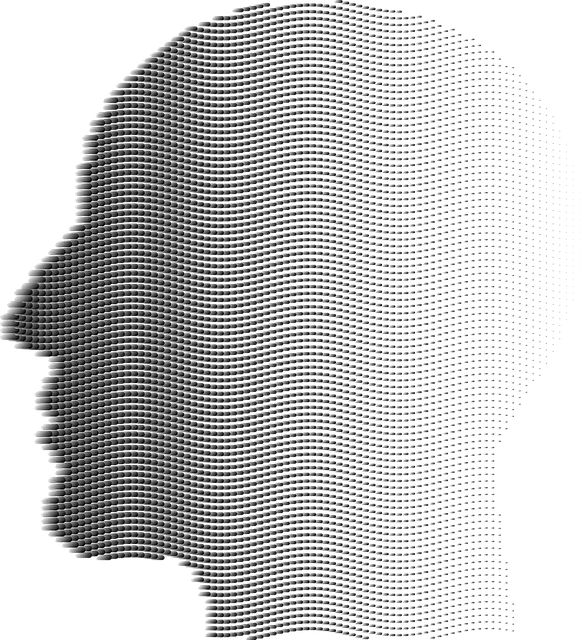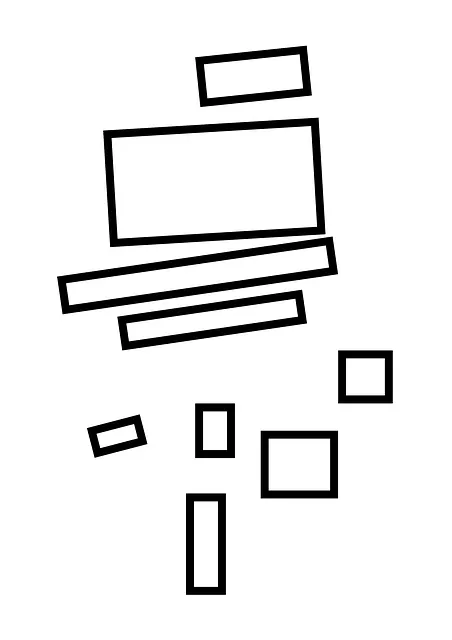Aurora Kaiser Permanente prioritizes mental well-being using the RFM (Resources, Focus, Motivation) framework, offering podcasts, journaling exercises, and resilience-building tools. These practices empower individuals to manage stress, improve decision-making, and enhance overall mental health. Through personalized care and techniques like Resourceful Life Management (RFM), they foster emotional resilience, aligning with industry missions to reduce stress and adversity. Their RFM program has successfully improved employee well-being and productivity, benefiting both staff and patients.
At Aurora Kaiser Permanente, we’re pioneering a powerful approach to mental well-being called RFM (Resilience, Flexibility, and Mindfulness). This framework equips individuals with essential tools to navigate stress and build resilience. Our article explores the transformative impact of Resilience Building Exercises in managing stress and enhancing Aurora Kaiser Permanente’s employee mental health initiatives. Through personalized practices and seamless integration into daily routines, RFM fosters a culture of mental well-being at all levels. Discover success stories and learn how these techniques can revolutionize your own journey towards resilience.
- Understanding RFM: A Framework for Mental Well-being at Aurora Kaiser Permanente
- The Role of Resilience Building Exercises in Stress Management
- Personalizing RFM Practices for Individual Needs and Strengths
- Integrating RFM into Daily Routines for Long-term Mental Health
- Success Stories: How RFM has Enhanced Employee Resilience at Aurora Kaiser Permanente
Understanding RFM: A Framework for Mental Well-being at Aurora Kaiser Permanente

At Aurora Kaiser Permanente, we understand that fostering mental well-being is a multifaceted journey, and our approach often revolves around a structured framework known as RFM. This methodology serves as a guiding light for individuals seeking to enhance their mental health and resilience. RFM stands for Resources, Focus, and Motivation—three key elements that collectively contribute to a robust foundation of mental wellness.
Through the Mental Wellness Podcast Series Production, we offer valuable insights and practical guidance on various self-care practices. Additionally, our Mental Wellness Journaling Exercise Guidance encourages individuals to introspect and cultivate a positive mindset. By harnessing these tools and techniques, Aurora Kaiser Permanente aims to empower folks to take charge of their mental health, ensuring they have the necessary resources and strategies to navigate life’s challenges with resilience.
The Role of Resilience Building Exercises in Stress Management

Resilience building exercises play a pivotal role in managing stress, particularly for mental health professionals like those at Aurora Kaiser Permanente. In today’s demanding work environments, these exercises help professionals navigate challenging situations with composure and adaptability. By focusing on self-esteem improvement and enhancing mental health awareness, resilience training equips individuals to cope effectively with the daily pressures of their roles.
The Risk Assessment for Mental Health Professionals becomes less daunting when professionals engage in regular resilience building activities. These exercises foster a sense of calm under pressure, enabling better decision-making and improved patient care. Incorporating such practices into daily routines can significantly contribute to the overall well-being of mental health professionals, ensuring they remain equipped to provide exceptional services.
Personalizing RFM Practices for Individual Needs and Strengths

At Aurora Kaiser Permanente, we understand that mental health is a deeply personal journey, which is why our RFM (Resilience, Flexibility, and Mastery) practices are tailored to meet individual needs and strengths. Each person’s path to resilience is unique, influenced by their experiences, cultural background, and personal coping mechanisms. Our approach recognizes this diversity and aims to empower individuals rather than applying a one-size-fits-all strategy.
By integrating RFM techniques into our mental health services, we facilitate a process of self-discovery and growth. This involves teaching individuals how to navigate stress, adapt to change, and regain a sense of control over their lives. Through tailored exercises and activities, we help clients develop effective coping strategies that align with their personal goals and values. The emphasis is on fostering emotional well-being and building resilience, ensuring our healthcare provider cultural competency training resonates with the diverse population we serve.
Integrating RFM into Daily Routines for Long-term Mental Health

Integrating Resourceful Life Management (RFM) techniques into daily routines is a powerful strategy for fostering long-term mental health, as advocated by Aurora Kaiser Permanente. This approach emphasizes self-care and resilience building, allowing individuals to navigate life’s challenges with greater ease. By incorporating RFM practices such as mindfulness, stress management, and emotional intelligence exercises, one can create a sense of equilibrium and enhance overall well-being.
These techniques are not just fleeting trends but rather sustainable tools that contribute to personal growth. Regular engagement in activities that promote emotional awareness and resilience can significantly reduce the impact of stress and adversity. Aurora Kaiser Permanente’s focus on RFM aligns with the mission of Stress Management Workshops Organization and Public Awareness Campaigns Development, aiming to equip individuals with the skills needed to thrive in a fast-paced world.
Success Stories: How RFM has Enhanced Employee Resilience at Aurora Kaiser Permanente

At Aurora Kaiser Permanente, implementing the RFM (Resilience, Flexibility, and Mindfulness) program has been a game-changer in enhancing employee resilience and overall mental health. This initiative aimed to equip staff with tools to navigate stress and foster a positive work environment. Through a series of workshops and training sessions, employees learned effective emotional well-being promotion techniques, including mindfulness meditation practices and strategies for positive thinking.
The results have been remarkable. Feedback from the workforce indicates a significant improvement in their ability to cope with challenging situations. Many staff members report feeling more resilient and better equipped to handle pressure, which has positively impacted their day-to-day operations at the healthcare facility. This success story highlights how investing in resilience-building exercises can lead to happier, healthier, and more productive employees, ultimately benefiting both the workforce and the patients they serve.
Resilience is a powerful tool in maintaining good mental health, and the RFM (Resilience, Flexibility, and Mindfulness) framework offers a comprehensive approach to enhancing well-being. As seen at Aurora Kaiser Permanente, implementing resilience-building exercises has significantly improved employee resilience and overall mental health. By personalizing RFM practices and integrating them into daily routines, individuals can develop the skills needed to navigate life’s challenges effectively. This strategy, backed by success stories within the organization, highlights the potential of RFM as a transformative tool for better mental health in both personal and professional settings at Aurora Kaiser Permanente.






